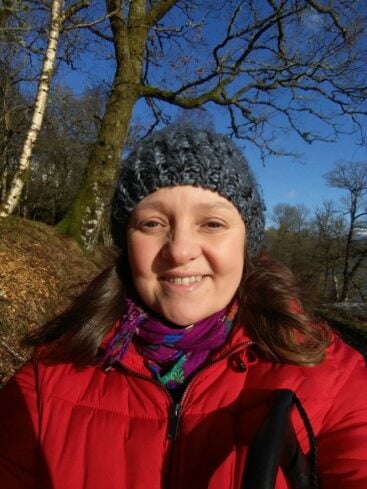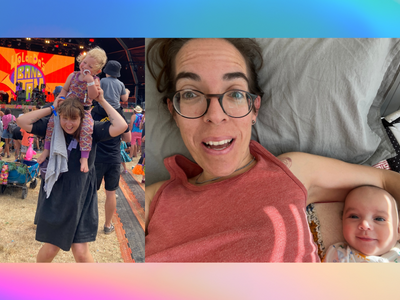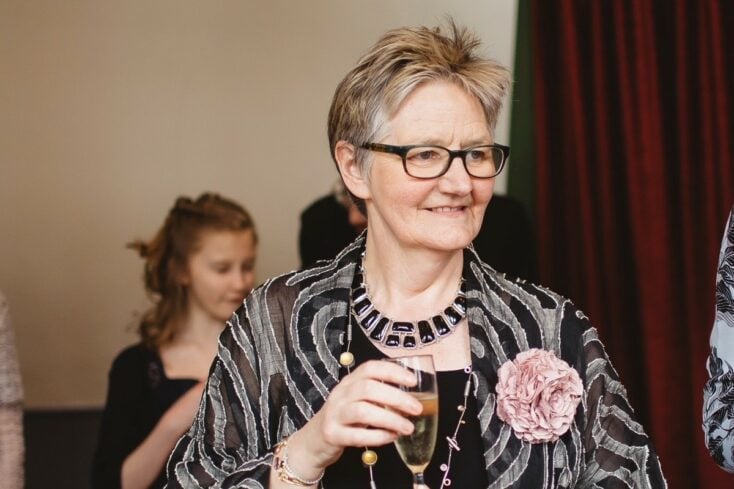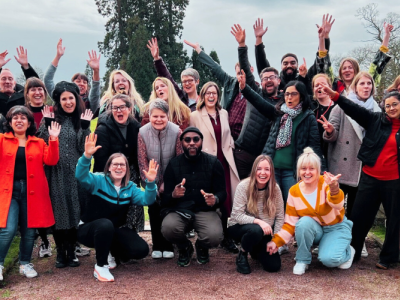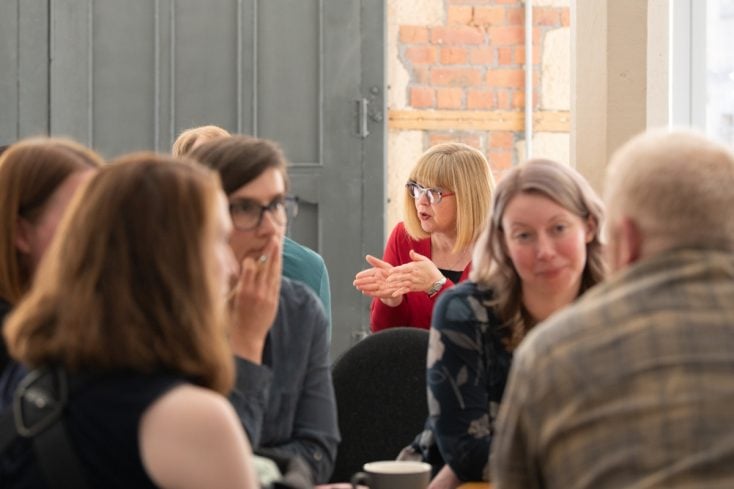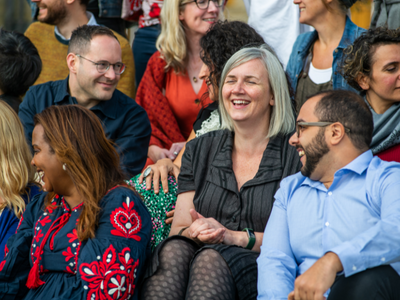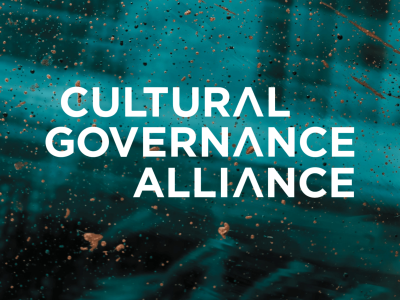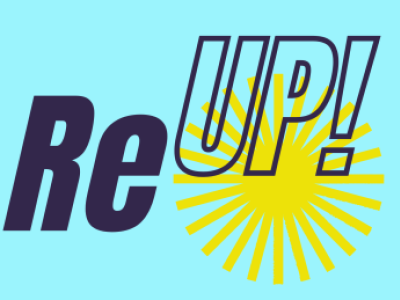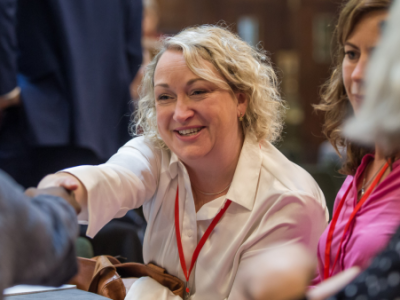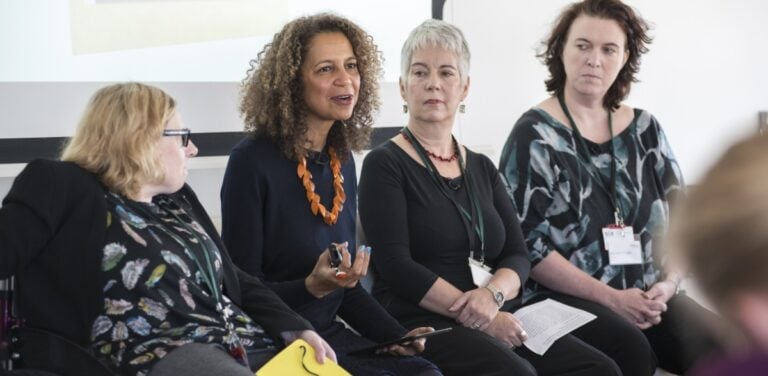How to find a coach
We’ve all been there: stuck at the proverbial crossroads, unable to see the wood for the trees, feet floundering for the next step.
Perhaps you’re feeling frustrated in your current job, but don’t know where to go or what to do next?
Perhaps you do have a sense of what you want and where you’re going, but you’re struggling to find the confidence to make that leap of faith?
Or perhaps you want to evolve not what you’re doing or pursuing, but how you’re doing or pursuing it?
Whatever it is, you just know that you feel stuck. Analysis paralysis has got you in a chokehold, and you don’t really know why or how, or what the hell to do about it.
“Have you tried coaching?” says your well-meaning colleague (or cat) in the kitchen, before sauntering back to their desk (or basket), having issued no further instructions.
Enter: more analysis paralysis. How do I find a coach? The right coach? What should I look out for? Is coaching even what I need? Where should I start?
Let’s start at the beginning.
Is coaching what you’re after?
There are distinct differences between coaching, mentoring and counselling, although the borders between all three can, in practice, become porous. This is my understanding of those differences:
Coaching is forward-facing, proactive, action-based. It’s there to propel you forward by uncovering internal knowledge and wisdom, then harnessing it into action, without someone telling you what to do through the prism of their own (likely differing) experience. It has the potential to set the tone for profound and long-lasting shifts, because the propulsion comes authentically from within and in unique relation to the coachee’s lived experience.
Mentoring is like coaching, but pulls more explicitly on the relevant knowledge, skills and experience of the mentor. Sometimes we need more prescriptive help and support in the shape of relatable anecdotes, ideas, cautionary tales, suggestions of things to try and things to avoid. Clean coaching won’t stray into this realm, but in some coaching conversations advice will be sought and given, and that is fine too, provided it is given with permission and not unsolicited.
Neither of these constitute counselling or therapy, which can tend more towards digging back into the past, applying psychotherapeutic methods to understand patterns and challenges in order to evolve behaviours. But coaching and counselling in particular both commonly feature reflection to encourage self-reflection, and the asking of powerful questions.
How to find a coach
If coaching is what you’re after, the technicalities of finding a coach are fairly straightforward on paper:
- Ask around for personal recommendations. At work, home, on social media etc. Does anyone know of anyone good? Lean on networks in your sector or field, such as the Clore Leadership alumni (you can search for coaches within our network of Clore Leaders and Fellows)
- Search online registers of accredited coaches. Well-known bodies include: the Association for Coaching, the International Coaching Federation, and the European Mentoring and Coaching Council
In my experience, finding a coach isn’t difficult if you follow the steps above. There’s quite a lot of us out there. The challenge is more about finding the right coach for the right time. And it’s good to be prepared to test the waters; to try a coaching relationship and not be deterred from starting again if it’s not giving you what you need. Everyone’s different.
Before you start, it’s worth taking the time to consider what you want from coaching, why you want a coach, and why now. I recommend making a cuppa, banishing the unhelpful cat, and investing half an hour to an hour of your time to explore the following…
Consider what’s important to you
The GROW coaching model – developed by Sir John Whitmore and colleagues in the early 1990s – offers a useful framework for considering the whys and wherefores, and can help propel you into action.
Some questions you might want to consider:
Goal
- What do I want to get out of coaching?
- What change am I seeking to create in my work/life?
- What’s missing for me at the moment, what gaps in support am I seeking to address?
Reality
- How important is creating change to me now?
- What, if anything, has stopped me from taking action until now?
- How much energy/resource do I have to give to coaching at this time?
Options
- How would I like the coaching experience to be?
- Do I need to seek advice or support in finding the right coach?
- What criteria will I use to assess my options?
Will
- How realistic is this for me right now?
- What would happen if I did nothing?
- What is my next step?
Do your research
Here are some points to consider when you’re looking up coaches on coaching directories, or researching those that have been recommended to you via word of mouth. Feel free to disregard any suggestions and questions that don’t feel pertinent to your particular case.
- Qualifications/accreditation – where did they train and what are their qualifications? Are they a paid-up member of a professional body with a code of ethics to abide by?
- Evidence of best practice – do they undertake supervision, regardless of how experienced they are as a coach? Do they seek opportunities for professional development? Are they appropriately insured?
- Testimonials – do they have endorsements to their name from previous or current coachees? Is there anyone you know who has been coached by them that you can speak to about their experience?
- Field – do they have areas of specialism for their coaching practice that chime with what you’re looking to explore, if that feels relevant? Is their lived experience in relation to what you want to explore important to you? Or might the opposite be beneficial in this instance?
- Fit – does their energy/sensibility speak to you? Are they clear but flexible in their approach to coaching?
Seek a scoping conversation
Many practitioners will offer a short, initial consultation free of charge, to explore whether a potential coaching relationship between you is a good fit. The remit should be about scoping how you might work together and what you’re looking to get out of coaching, rather than straying into a full-blown coaching session (which would rightly require remuneration). Some questions you might find useful to ask your prospective coach:
- How would you describe your coaching style?
- What are my options for coaching packages? What is the contract between us?
- What flexibility is there to switch if we try something and it isn’t working for me?
- Do you coach online and/or in person?
- Do you subscribe to a specific code of ethics? What does this mean for confidentiality?
- Do you work with specific coaching frameworks or methodologies? Can you tell me a bit about them?
It’s worth taking them up on that offer if it’s there, or asking for a short conversation if the offer isn’t forthcoming.
Finally – beware claims of guaranteed success. Who even knows what constitutes success at the outset? Coaching work is full of unknowns and characterised by agility, attentiveness, and openness. It’s an adventure that you embark upon together – neither party knows what’s around the corner beyond the crossroads, or the nature of the terrain you might find yourselves navigating. And therein lies the opportunity.
If you have thoughts or feedback on this piece, or ideas to add to the mix, I’d love to hear from you.
—
Rowena Price is a Communications Consultant and Coach working across the arts and creative industries, and a Clore Leadership alumna (2016). www.rowenaprice.com
Themes Coaching & Mentoring Hard Skills Leadership Styles Qualities of Leadership


